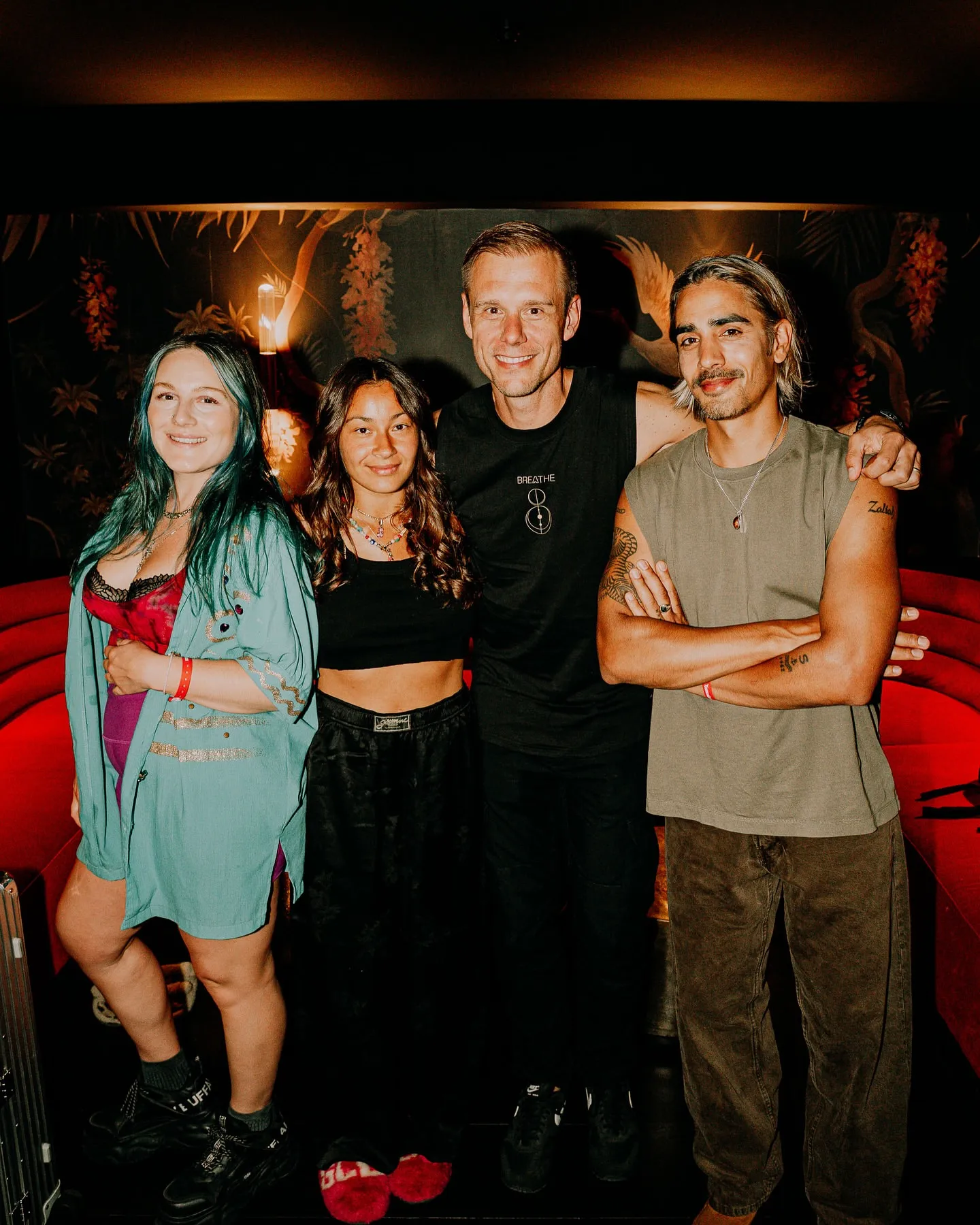

Groove Cruise 2025 Sparks Debat. Fan Meetups: A Luxury or a Right?
Groove Cruise 2025 is shaping up to be one of the most talked-about events in the EDM world, promising an extraordinary mix of music, luxury, and immersive experiences. However, controversy is brewing over a key offering: the chance to meet top-tier artists like Seven Lions. What was once a cherished tradition of artist-fan connection now feels like an exclusive privilege, accessible only to those who can afford the steep costs. This raises a critical question: has the culture of inclusivity in EDM been overshadowed by commercialization? Let’s unpack the heated debate surrounding Groove Cruise 2025 and its impact on the future of artist-fan interactions.
The Allure of Groove Cruise
Groove Cruise is not just a festival; it’s an experience. Combining the vibrancy of EDM with the elegance of a luxury cruise, the event has become a bucket-list item for music lovers worldwide. The 2025 edition is particularly enticing, with a star-studded lineup featuring Seven Lions, Gareth Emery, and Alison Wonderland.
Beyond the music, Groove Cruise promises unique perks: themed parties, luxurious accommodations, and exclusive artist interactions. Yet, it’s this exclusivity—especially in meet-and-greet opportunities—that has sparked passionate discussions about fairness and accessibility.
Seven Lions Meet-and-Greet: Is It Out of Reach?
The chance to meet Seven Lions, a legendary figure in EDM, is undeniably one of the biggest draws of Groove Cruise 2025. Known for his evocative tracks and emotionally charged performances, Seven Lions has amassed a deeply loyal fanbase. Meeting him in person should feel like a celebration of that connection.
However, fans are discovering that the cost of this dream is steep. Meet-and-greet packages are bundled with premium cruise experiences, pushing the price into the thousands. This pricing structure has sparked backlash, with many accusing Groove Cruise of turning artist interactions into a commodity for the wealthy.
One fan lamented online, “Seven Lions’ music has been there for me through so many highs and lows. I never imagined meeting him would be something I couldn’t afford.”
The Evolution of Artist Meetups in EDM
In the early days of EDM, artist meet-and-greets were about creating genuine connections. Fans would wait in line for hours for a quick photo or a heartfelt chat, fostering a sense of community and mutual respect.
Today, these moments have evolved into high-priced perks, often tied to VIP or premium packages. Events like Groove Cruise exemplify this trend, where meetups with artists like Seven Lions are bundled with luxury services, making them inaccessible to many long-time fans.
This shift has led to heated debates within the EDM community. Some argue that monetizing meetups undermines the inclusive spirit of the genre, while others believe it’s a fair way to manage demand and compensate artists for their time.
Does Exclusivity Alienate the EDM Community?
The EDM scene has long prided itself on being inclusive—a place where fans from all walks of life can come together to celebrate music. But the growing trend of monetized artist interactions risks alienating the genre’s most passionate supporters.
Critics argue that turning meet-and-greets into luxury items creates a divide, privileging wealth over passion. Fans who have supported artists like Seven Lions for years may now feel excluded simply because they can’t afford the steep costs.
On the flip side, defenders of premium pricing say it offers added value for fans willing to invest in a more intimate experience. With artists juggling demanding schedules and massive fan bases, limiting access through pricing may help ensure meaningful interactions.
Seven Lions and the Commercialization of Fandom
The controversy surrounding Groove Cruise 2025 inevitably brings attention to Seven Lions himself. While the artist may have little control over ticket pricing or event structures, his participation places him at the center of the debate.
Fans have called on Seven Lions to advocate for more inclusive options, such as lottery-based meetups or free engagement opportunities. Others acknowledge that artists are navigating an industry increasingly reliant on exclusive revenue streams to sustain their careers.
Regardless of the reasoning, the debate highlights the tension between preserving EDM’s inclusive roots and adapting to modern commercial realities.
What Does This Mean for the Future of EDM Festivals?
The controversy surrounding Groove Cruise 2025 isn’t unique—it reflects broader trends across the live music industry. As festivals compete to offer more exclusive and premium experiences, the line between accessibility and elitism grows thinner.
Groove Cruise’s Legacy at Stake
Groove Cruise 2025 promises an unforgettable experience, headlined by icons like Seven Lions and packed with luxurious offerings. Yet, the growing divide over the cost of fan meetups casts a shadow on the event’s reputation.
For many fans, the question isn’t just about affordability—it’s about whether the spirit of connection that defines EDM is being lost. As the industry evolves, organizers must consider how to preserve the values that made festivals like Groove Cruise so beloved in the first place.
The stakes are clear: find a way to balance exclusivity with inclusivity, or risk alienating the community that has supported EDM through its highs and lows.


















